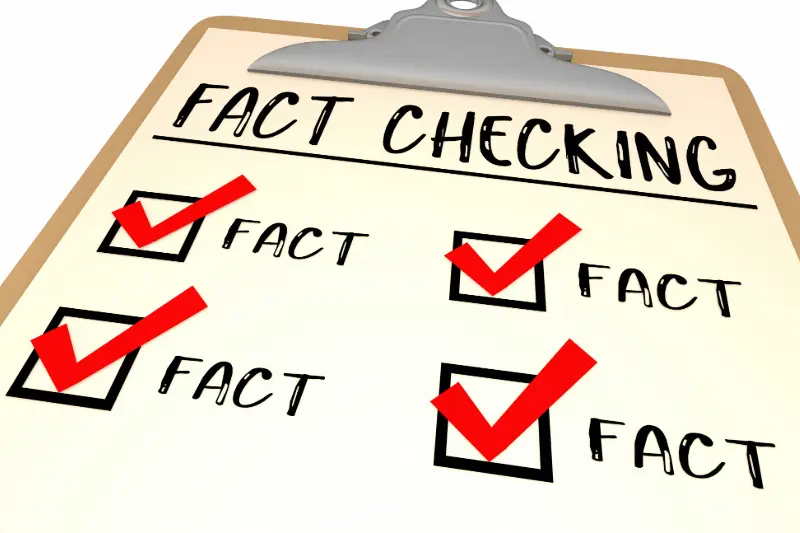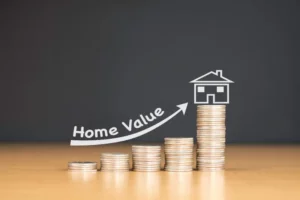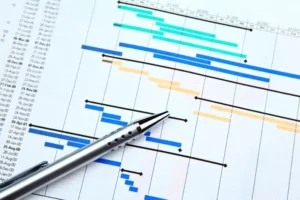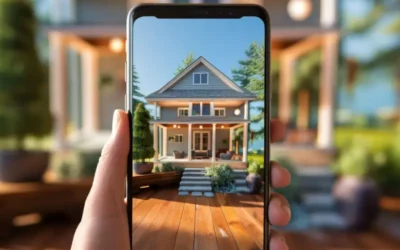Are you dreaming of owning a home, but the thought of a hefty down payment is giving you sleepless nights? Well, we’ve got some good news for you! A no-money-down mortgage, also known as 100% financing home loans or zero-down payment mortgages, is here to turn your dream into reality. Sounds too good to be true? Let’s dive in and bust some myths along the way.
What are No-Money-Down Mortgages?
No-money-down mortgages are exactly what they sound like – a mortgage where you don’t have to put any money down. These are government-backed mortgages that allow potential homeowners to buy a house without having to save up for a large down payment. Now, let’s get into the details of who can qualify, the pros and cons, and some excellent alternatives for those who do not qualify.
Types of No-Money-Down Mortgages
There are several types of no-money-down mortgages, including VA loans and USDA loans. Each loan has its own set of requirements and benefits that cater to different buyer needs. So, whether you’re a first-time homebuyer or a veteran, there’s something for everyone.
Government-Backed Mortgages:
VA Loans
These loans are available for U.S. military members, veterans, and their spouses. They offer competitive interest rates without requiring a down payment or private mortgage insurance. There’s no official credit score requirement, but lenders often look for a minimum score of 640.
- Eligibility: Applicants must meet service requirements and obtain a Certificate of Eligibility.
- Benefits: No down payment requirement, no private mortgage insurance, and competitive interest rates.
- Drawbacks: Not all properties qualify; some sellers may not accept offers with VA financing.
U.S. Department of Agriculture (USDA) Loans
USDA Loans are designed for low- to moderate-income homebuyers in eligible rural areas. These loans offer 100% financing, allowing for zero down payment. This feature makes homeownership accessible for buyers who may struggle with saving a substantial amount of money. Furthermore, these loans do not require private mortgage insurance, which can add a significant cost to your monthly mortgage payment. The competitive interest rates provided with these loans can also make your long-term payments more manageable.
They are intended for homes in towns with a population of 20,000 or less (35,000 in some cases), covering about 97% of the U.S. landmass.
However, there are a few drawbacks to be aware of. First, not all properties are eligible for USDA loans – the property must be located in a qualifying rural area as defined by the USDA. This can limit the options for buyers interested in urban or even some suburban locations. Second, some sellers may be hesitant to accept offers financed with USDA loans, believing that the government involvement might complicate the selling process. This is not necessarily true, but it is a perception you may have to combat when negotiating a sale.
- Eligibility: Applicants must meet income eligibility, purchase a home in a qualifying rural area, and intend to live in the property as their primary residence. Buyers need a minimum credit score of 640 and an income not exceeding 115% of the area’s median income. Check eligibility requirements here.
- Benefits: No down payment requirement, no private mortgage insurance, and competitive interest rates.
- Drawbacks: Limited property eligibility and potential seller hesitations.
For more information regarding USDA Loans, visit the official USDA website.
Pros and Cons of a No-Money-Down Mortgage
A no-money-down mortgage can provide a gateway to acquiring a home without the need for an immediate financial outlay, which can be a significant advantage for many aspiring homeowners. However, like any financial decision, it comes with its own set of benefits and drawbacks. Consider the pros and cons to make an informed decision.
Pros:
- Faster homeownership without depleting savings
- Opportunity to build equity instead of paying rent
- Preservation of cash for emergencies
Cons:
- Limited or no home equity at the start
- Higher monthly mortgage payments are due to larger loan amounts, higher interest rates, and, in some cases, private mortgage insurance (PMI).
- Possible additional fees and risk of owing more than the home’s value if market values drop
Understanding Private Mortgage Insurance (PMI)
Speaking of PMI, what is it exactly? PMI is a type of insurance that lenders require from homebuyers who obtain loans with down payments of less than 20% of the home’s price. It protects the lender in case the borrower defaults on the loan. Understanding the role of PMI in no-money-down mortgages and the exact cost can help you make an informed decision about the total costs of homeownership.
Low-Down Payment Home Loan Alternatives
For those who don’t qualify for a zero-down loan, low-down payment options exist:
FHA Loans: Require as low as 3.5% down payment for low- and moderate-income borrowers. However, they come with a mortgage insurance premium (MIP).
HomeReady Mortgage | Fannie Mae & Home Possible® – Freddie Mac Single-Family: These loans require as little as a 3% down payment. Credit score requirements vary for these programs.
State-Based First-Time Homebuyer Programs: Many states offer programs with benefits such as down payment and closing cost assistance, reduced interest rates, and tax credits. Eligibility varies by state and program but is generally available to first-time homebuyers who meet income and purchase price limits. Find programs in your state here.
Conventional 97 Loans: This program allows buyers to put down only 3% on a conventional mortgage, provided they meet the credit score requirements. Conventional 97 loans are fixed-rate mortgage loans. They are geared toward first-time homebuyers in any income bracket. There are no income limits for the standard Fannie Mae 97 or Freddie Mac HomeOne, the two Conventional 97 programs. There are no income limits for the standard Fannie Mae 97 or Freddie Mac HomeOne, the two Conventional 97 programs. However, some conventional 3%-down sub-programs have income limits.
Every state offers some form of home buyer assistance, which may include grants covering the down payment, reducing the initial financial burden. Find programs in your state here.
Alternative Strategies:
- A Down Payment Gift
Receiving a down payment gift from a family member is a common way to circumvent the initial investment. This can be a helpful option for those who may not have enough savings for a down payment on their own. By receiving a gift, homebuyers can reduce their upfront costs and potentially qualify for a mortgage. - Lender Credits
Another option to consider is lender credits. Some lenders may offer to pay your closing costs in exchange for a higher interest rate. This can be a convenient way to cover the expenses associated with closing on a home. However, it’s important to carefully weigh the costs and benefits of this option and determine if it aligns with your financial goals. - Seller Concessions
Additionally, negotiating with the seller to cover some closing costs can be an effective strategy. This is known as seller concessions. By discussing this possibility during the home buying process, buyers can potentially reduce their out-of-pocket expenses and make the overall transaction more affordable.
Next Steps for Evaluating No-Money-Down Mortgages and Low-Down Payment Alternatives
Whether you choose to go with a government-backed loan like a VA or USDA loan or opt for a conventional loan with a low down payment option, it’s important to understand the terms and requirements of your loan. Be certain you evaluate the risks involved and consider your personal financial situation before deciding. Additionally, you should always shop around and compare different mortgage options to find the best fit for your unique needs. Be sure to consult a mortgage lender or financial advisor for guidance on the best course of action for your specific circumstances.
At Property.com, we’re here to guide you through every step of your real estate journey. Understanding the pros and cons of no-money-down mortgages is just one of the many resources we provide to help you achieve your real estate goals.
Keep exploring our many helpful articles and resources, and stay informed on the latest news.
Sign up here for news on what’s important to you. Your real estate dreams await! With Property.com as your partner, you have the power to make them yours.
